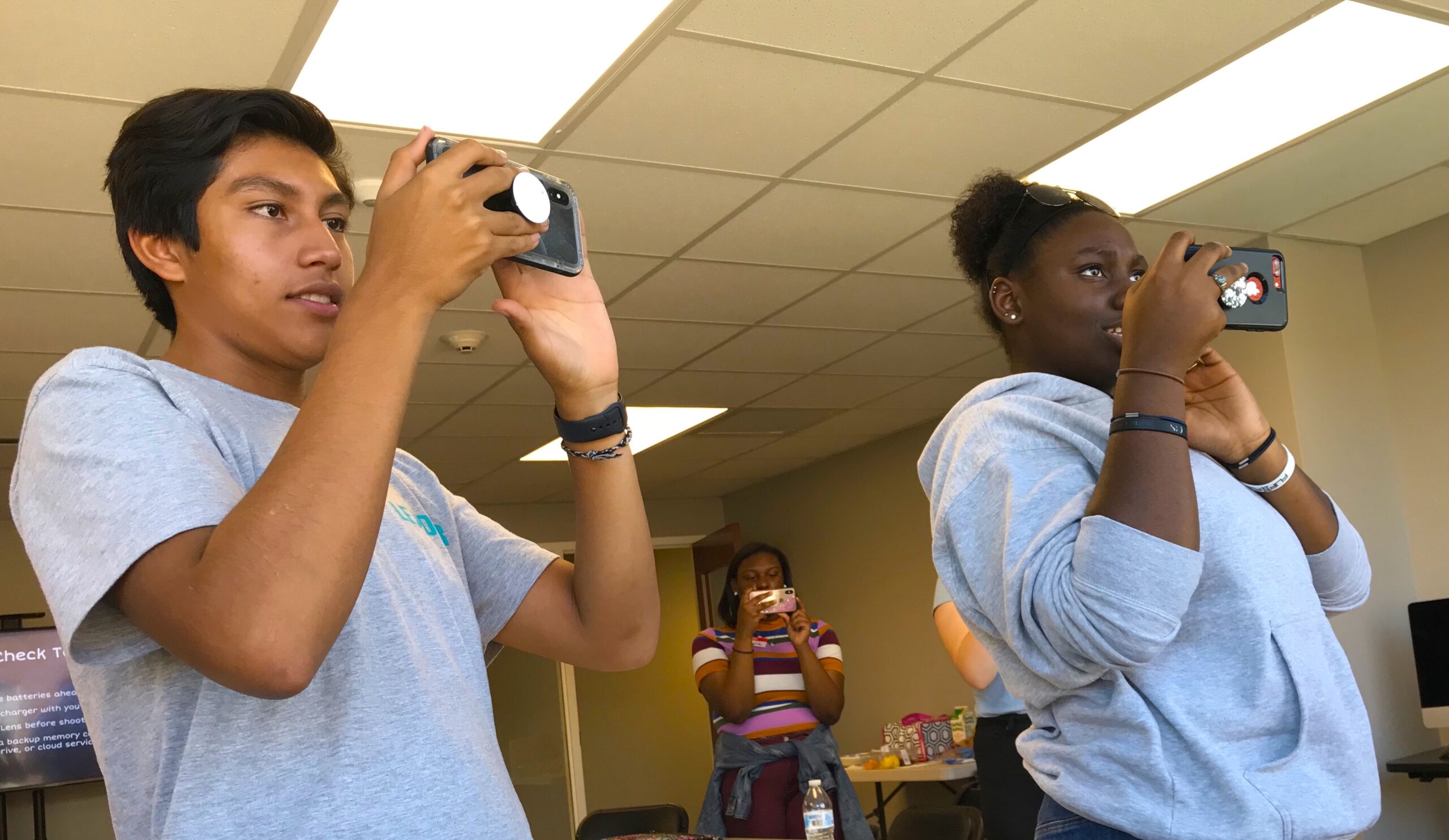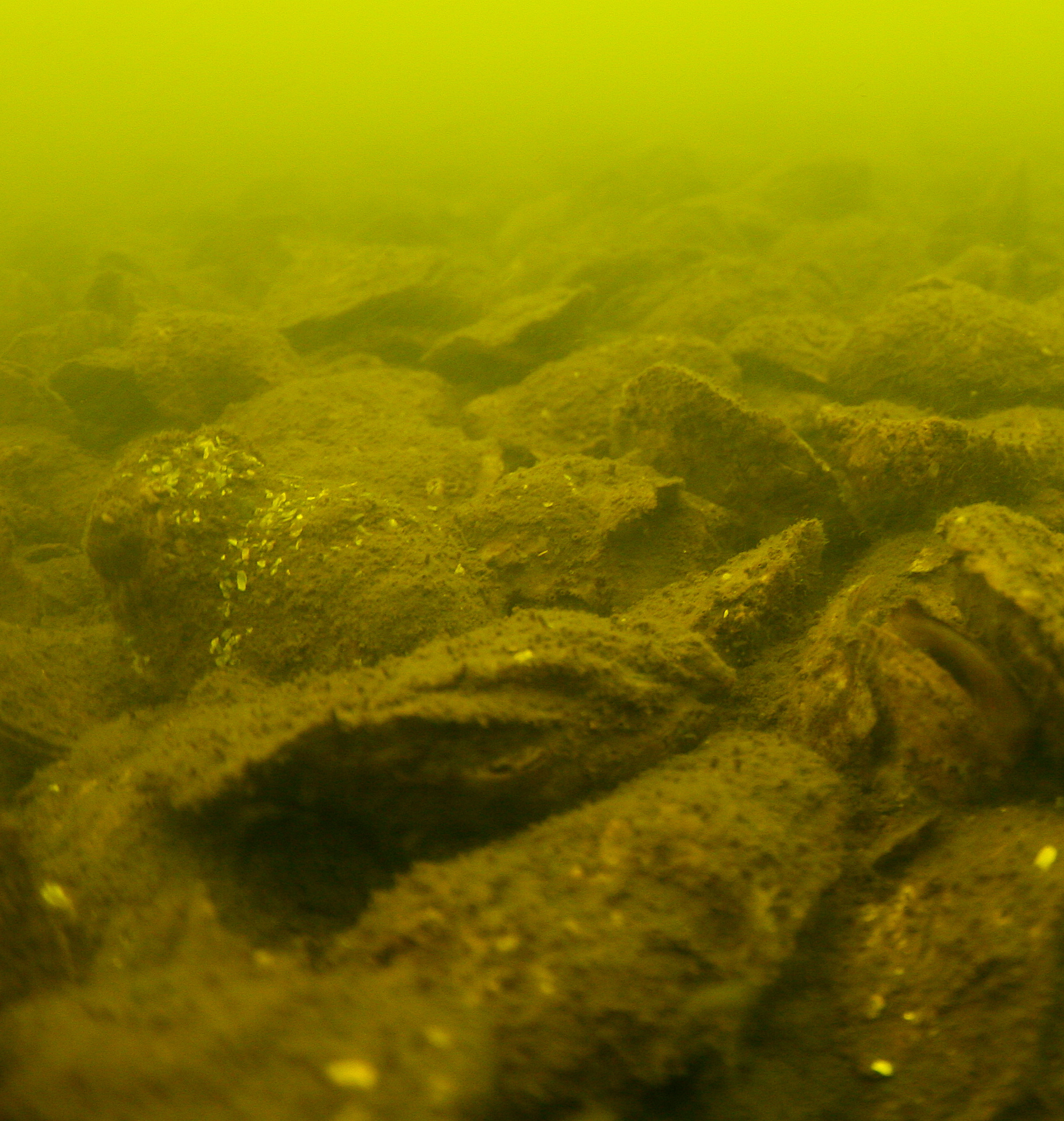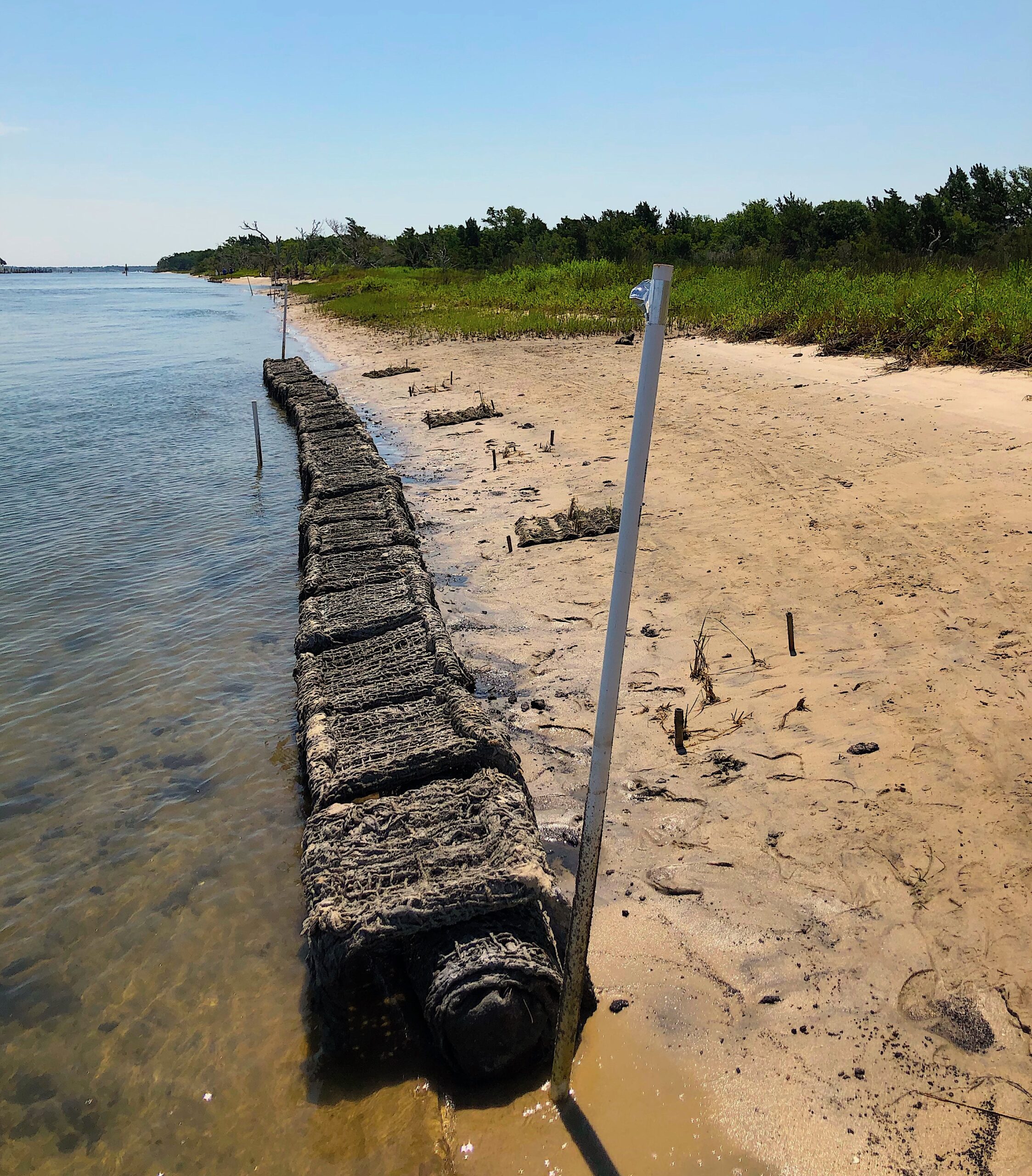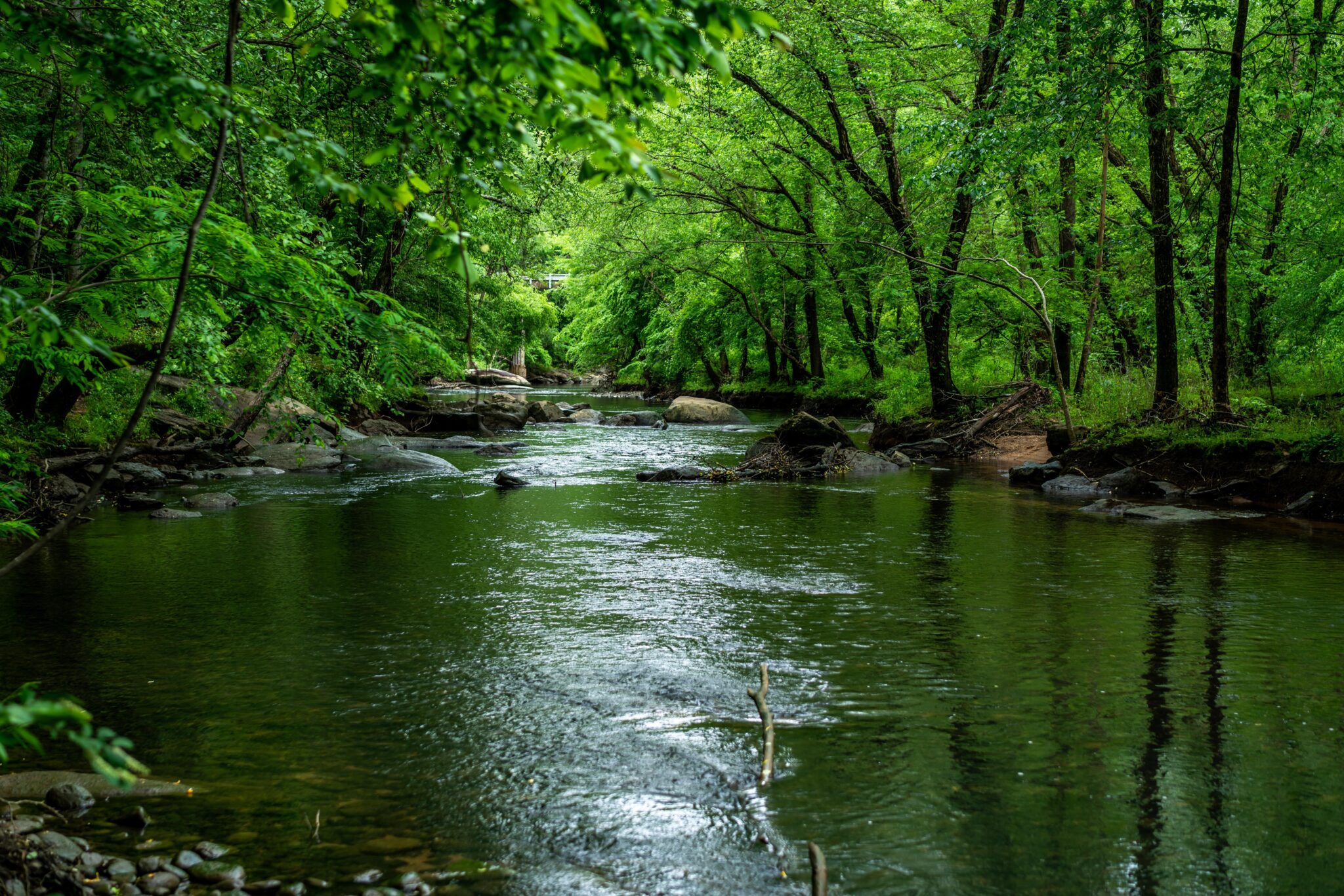Collaborative Research to Consider Oysters, Shorelines and Youth Training

For immediate release
Contact:
Katie Mosher, kmosher@ncsu.edu
Three new projects in North Carolina’s coastal region are moving forward with funding from the Community Collaborative Research Grant Program. Topics include safety of shellfish harvests, efficient shoreline restoration and youth leadership training.
Known as CCRG, the grant program is administered by North Carolina Sea Grant in partnership with the William R. Kenan Jr. Institute for Engineering, Technology and Science (KIETS), and the N.C. Water Resources Research Institute. All three funding partners are based at NC State University.
“Each of these projects involve community partners to tackle important topics in our coastal region, with results that will include recommendations that can be used by other organizations and businesses,” notes John Fear, deputy director for N.C. Sea Grant.

The new projects are:
Determining the Ecological Impacts of Shellfish Relay in North Carolina
Joel Fodrie, University of North Carolina at Chapel Hill; and Stevenson Weeks of Crab Point Seafood; along with graduate student Zofia Knorek and Nick Funnell of UNC-CH.
The shellfish relay process moves oysters and/or clams from polluted waters to private leases where they can depurate in cleaner water, and then be available for harvest. This project will evaluate environmental impacts of oyster relay practices in North Carolina, with the results to be shared with decision makers to inform future policy updates.
Speak Your Piece: Coastal Youth, Environment and Community
Rose Hoban, North Carolina Health News; and Nick Szuberla of Working Narratives/Coastal Youth Media.
This team will build upon past leadership development projects to train youth in coastal communities to consider coastal culture and history alongside current challenges — such as environmental topics, impacts of recent hurricanes, community health and economic resilience. Working with experts from NC State University, the teens will conduct interviews with coastal residents and scientists, and develop products such as essays, podcasts and radio op-eds. The team also will provide a format for the sessions to be replicated in other settings.

Testing Novel Substrates and Approaches to Improve Oyster and Salt Marsh Restoration
Rachel Gittman, East Carolina University; and Brandon Puckett of the N.C. Coastal Reserve and National Estuarine Research Reserve, along with David Cessna and Niels Lindquist of Sandbar Oyster Company.
Boat wakes in heavily trafficked waterways can be a predominant factor contributing to coastal erosion and habitat loss. This research will evaluate whether restoring oyster reefs can mitigate boat-wake impacts on the marsh shoreline along Taylor’s Creek in Beaufort, using Oyster Catcherä substrate, a novel, biodegradable product of Sandbar Oyster Company. The study builds upon a shoreline restoration project funded by the U.S. Fish and Wildlife Service.
Raj Narayan, KIETS associate director, notes, “The CCRG program encourages creative problem solving for coastal and water-related challenges faced by N.C. communities. These projects will engage scientists, business and community stakeholders well as young leaders in thoughtful collaborations that will enable innovative solutions and beneficial impact.
Read more about Community Collaborative Research Grants.
##


